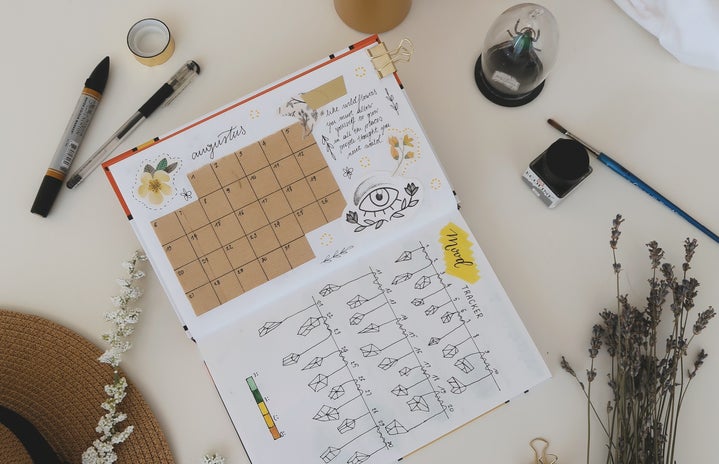I have always been intrigued with the concept of mastering a new language and using those skills to learn from and communicate with others around the world. I wish I could say I was fluent in French, because seriously, how cool does that sound? However, at the University of Washington, I am currently taking the most elementary series of French classes offered. In other words, I don’t know a lot!
Just last week, I received the craziest news: I’m going to be studying abroad in Paris during the fall of 2020! When I found out, I actually shouted the news in the middle of breakfast at Center Table.
I have no shame whatsoever.
However, now that my goal of interacting with French natives is no longer a distant fantasy, I feel as if I really need to commit. There’s no way I’m stepping foot in Paris still forgetting the difference between “pour” and “pendant.” I decided that if I was truly committed to learning the French language, I was going to have to do some (inexpensive) practice on my own. Journaling in French seemed to be the perfect method for me, and honestly, I’ve already learned way more than I would’ve ever expected.
Journaling in French doesn’t feel like homework because I can make it as time-consuming as I want it to. I can write for five minutes, or ten, or thirty!
Another one of the best things about journaling in a different language is that I can make it as challenging as I want it to be. It allows me to apply what I’ve learned in class, but I am also free to branch out if I want to. Challenging myself to communicate in writing while using the resources I already have has certainly helped me gain confidence in my own abilities.
However, like I mentioned earlier, I am nowhere near fluent. I always make sure I have a dictionary nearby if necessary (there are also so many apps)! Not only does it help me improve my sentences grammatically, but it also expands my vocabulary. I think one of the most important pieces to keep in mind is to not rely entirely on the dictionary, even though it can be so tempting.
That is why I have found that it is effective to write down everything I want to communicate, and then revise! Keeping this in mind allows me to focus on what I actually know. I feel that it is important to gauge my own level of understanding and to work with what I have already been taught. After all, this fall, I probably won’t have a ton of time to flip through a dictionary mid-conversation.
Initially, I thought that writing in French would only improve my writing, but I’ve found that it has helped my oral communication as well! The exercise of piecing together sentences in a different language on paper is actually helping my speed of my speech when it comes to speaking aloud in French.
I can still try and write about absolutely anything! I’ll talk about my family, what I love, and how my day went. However, the best part of all is that if you journal in French, your nosy roommates will never be able to read it (I kid! Love you guys).
So, watch out France! Me and my mediocre language skills are coming for you!


